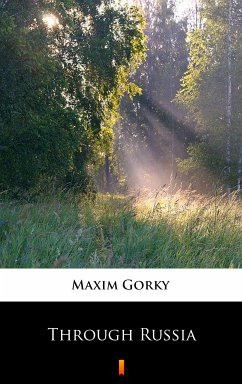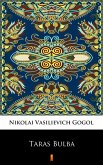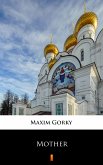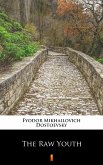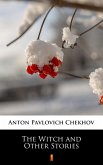The stories, united under the name "Through Russia", were originally printed by M. Gorky in various periodicals and collections. In the series of short stories "In Russia". M. Gorky refers to the image of the "past in order to illuminate the paths to the future." The writer reflected the harsh truth of the life of "little great people", life-giving and decorating the earth with their labor.
Dieser Download kann aus rechtlichen Gründen nur mit Rechnungsadresse in A, B, BG, CY, CZ, D, DK, EW, E, FIN, F, GR, HR, H, IRL, I, LT, L, LR, M, NL, PL, P, R, S, SLO, SK ausgeliefert werden.

